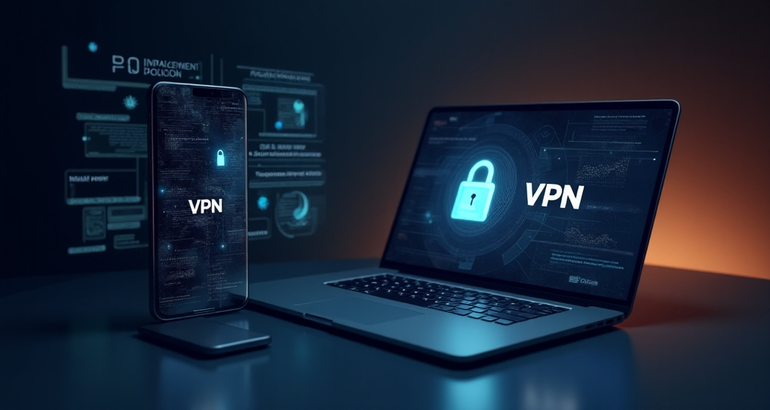What Is a DDoS Attack and How MetroVPN Protects You

- Privacy





Overview
This article explains DDoS attacks, their types, consequences, and how MetroVPN provides protection against these cyber threats. Learn about mitigation strategies and why choosing a reliable VPN like MetroVPN is crucial for online security.
Contents
How MetroVPN Protects Against DDoS
Additional DDoS Protection Strategies
Understanding DDoS Attacks
A Distributed DenialofService (DDoS) attack is a malicious attempt to disrupt normal traffic of a targeted server, service, or network by overwhelming it with a flood of internet traffic. Unlike traditional DoS attacks that use a single source, DDoS attacks utilize multiple compromised computer systems as sources of attack traffic.
DDoS attacks have become increasingly sophisticated, with attackers using botnets networks of infected devices to launch largescale assaults. These attacks can last from a few minutes to several days, causing significant downtime and financial losses.
Common Types of DDoS Attacks
There are three primary categories of DDoS attacks:
1. VolumeBased Attacks: These saturate the bandwidth of the target site with massive amounts of traffic. Examples include UDP floods and ICMP floods.
2. Protocol Attacks: These target network layer or transport layer protocols, exhausting server resources. SYN floods and Ping of Death are common examples.
3. Application Layer Attacks: These target specific aspects of an application or service. HTTP floods and Slowloris attacks fall into this category.
Consequences of DDoS Attacks
DDoS attacks can have severe consequences for businesses and individuals:
- Financial losses due to service downtime
- Reputation damage and loss of customer trust
- Data breaches and security vulnerabilities
- Operational disruptions and recovery costs
- Potential legal consequences for failing to protect user data
How MetroVPN Protects Against DDoS
MetroVPN offers several features that help protect users from DDoS attacks:
1. IP Masking: MetroVPN hides your real IP address, making it difficult for attackers to target your network directly.
2. Advanced Encryption: MetroVPN's militarygrade encryption protects your data from interception during an attack.
3. Kill Switch: This feature automatically disconnects you from the internet if your VPN connection drops, preventing IP exposure.
Additional DDoS Protection Strategies
While MetroVPN provides excellent protection, users should also consider:
- Using web application firewalls (WAFs)
- Implementing rate limiting on servers
- Monitoring network traffic for unusual patterns
- Maintaining updated security patches
- Having a DDoS response plan in place
Conclusion
DDoS attacks represent a significant threat in today's digital landscape. Understanding these attacks and implementing proper protection measures, including using a reliable VPN service like MetroVPN, is essential for maintaining online security and business continuity. MetroVPN's advanced features provide robust defense against various cyber threats, ensuring your online activities remain secure and private.






